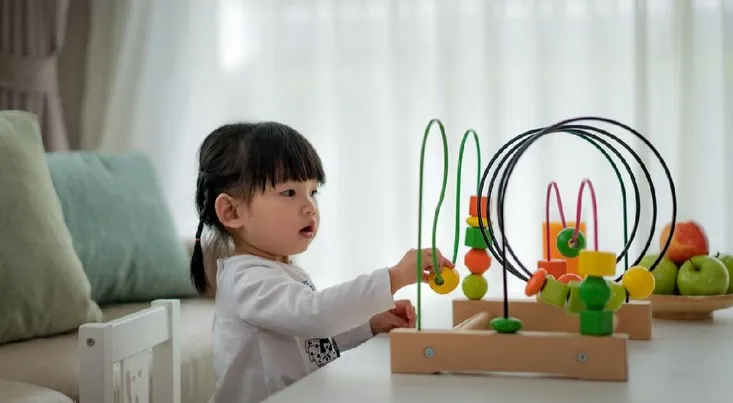It takes a lot of effort to train emotional intelligence in children. but to have a child with good emotional intelligence does not have to wait long. Or no need to wait until the child is an adult to train our children's emotional intelligence. This needs to be trained as early as possible in order to help emotional development in children.
The faster and more often they are trained, the more children will be able to interpret every emotion that occurs to them. Not only that, he can also learn independently and is able to sharpen social skills in socializing.
So how to train children's intelligence from an early age?
- Helping children recognize emotions
The first step we have to do is to help children recognize their emotions. Not only that, we also have to train children to control their emotions. You can guide your child to express their emotions, for example while watching a movie or after listening to a story or fairy tale.
For this stage, two things are needed, namely communication and love they are the main key to training children to recognize emotions and control them. So, it is important for every parent to frequently ask what the child is feeling and to train the child to express his emotions honestly and openly.
When children behave violently or have tantrums because they feel negative emotions, such as upset, anger, or disappointment, then it is necessary to teach him to relieve or divert his emotions with positive things, for example inviting children to play or hugging him.
- Train children to have empathy
Empathy in children will help children care for others and build good relationships with their environment later. You can build a child's empathy by educating them to be more sensitive to the feelings of others. For example, when he tells a story about a friend who lost a toy, try asking "How would you feel if you lost your bag, notebook, or toy?"
If he answers "sad", try asking again, "Would you like to lend me your toy?" then watch the response. Children who have empathy will certainly be willing to lend toys to their friends.
- Getting kids used to working together
Cooperation and mutual assistance are skills that can be taught through direct experience. ii is Indonesian culture This can be practiced in everyday life, For example, by asking children to help with homework simple ones, such as cleaning the table and washing fruit or vegetables or sweeping
After he has done this, thank your child for helping you. This simple thing can give children the motivation to be more empathetic and happy to help others. thank you, short words that can spur children's enthusiasm.

